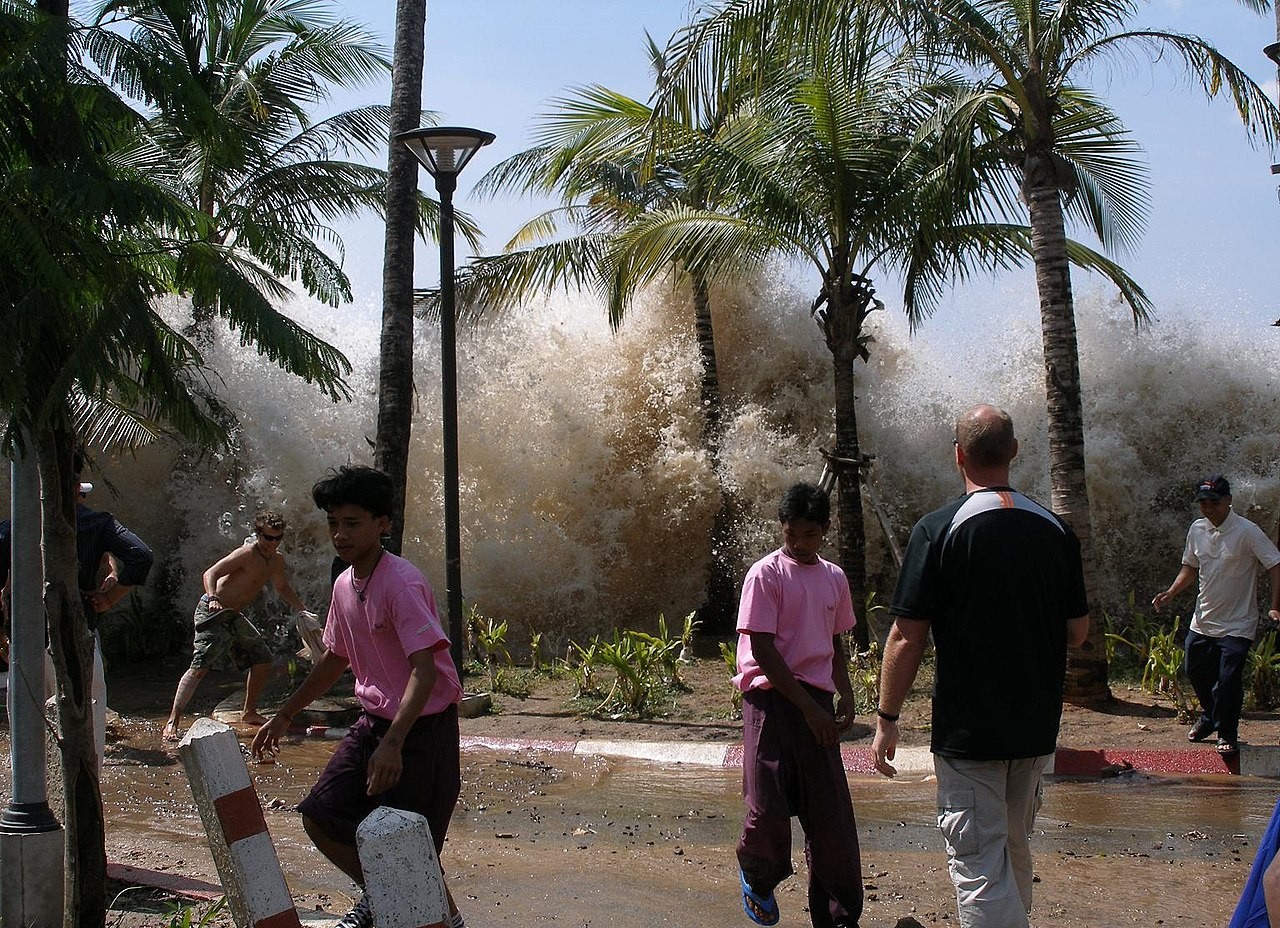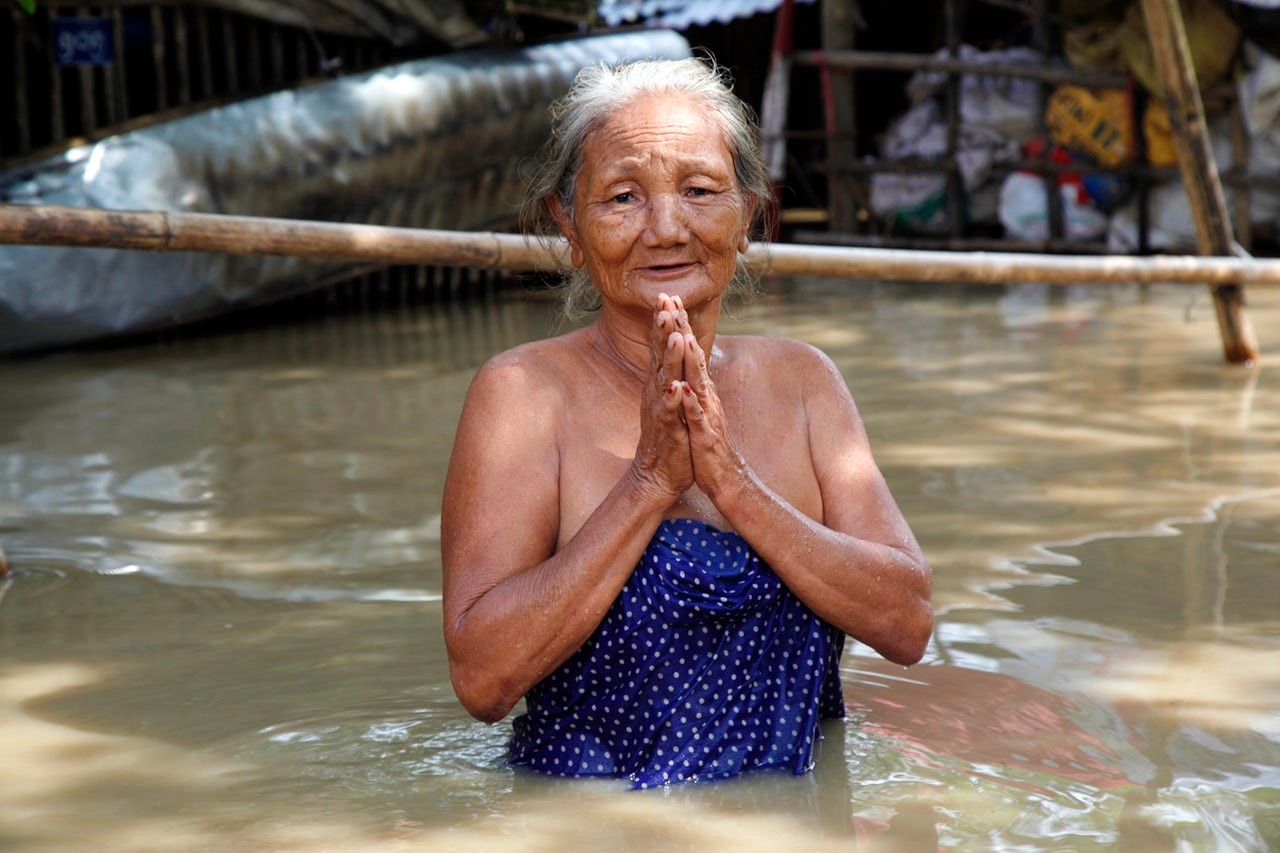The UN has reported the shocking statistic that 80 percent of people displaced by natural disasters are women. Surely the weather itself doesn’t discriminate, but climate change is more than just an environmental issue, it's a feminist one.
The odds are not in women's favour
Across the globe, women are generally the primary food, water, and fuel providers for their families and communities. More reliant on natural resources for their livelihoods, and more tied down to their homes than men, women have limited physical and economic mobility during climate-related disasters.
An Oxfam report on the tsunami that devastated millions of lives in 2004 found that male survivors outnumbered women by almost three to one in Sri Lanka, Indonesia, and India. Since men are more likely to be able to swim and women lose precious evacuation time looking after children and other relatives, the odds are not in women's favour.

After the first wave of climate disaster, women are hit hardest by secondary impacts. As sources get more and more scarce, the already vulnerable position of women worsens.
Violent incidents against women, such as sexual assault and rape, increase in the wake of natural disasters. After disasters such as droughts, women are exposed to more dangers on the road as they need to walk further for water.
Economic implications of natural disasters are also worse women and girls. Following the Fiji floods in 2012, evidence suggested that girls were taken out of school to care for younger children or to make extra cash through sex work.
After these catastrophes, almost all of the available jobs are in industries such as rebuilding and construction, which are traditionally male-dominated. Thus, whilst men get the chance to rebuild their lives and communities, women struggle to find any stable source of income as their agricultural trade is wiped out unpredictably.

Women experience the consequences of climate change more severely than men, but they are excluded from climate politics and decision-making. The average representation of women in governments and organisations tackling climate change is below 30 percent.
However, the UN has recently recognised in the Paris Agreement that women’s empowerment is critical for effective climate policy and there is a new (overdue) focus on the increased participation of women in government at global, national, and local levels. Women’s voices need to be heard in order to achieve sustainable change. Climate change affects the whole population, we can’t neglect half of it.
These charitable organisations are aware of the problem and working to solve it:
- MicroLoan Foundation provides women in sub-Saharan Africa with the tools and skills they need to help ensure financial stability. Financial independence makes women less vulnerable to the impact of climate change. Out of the 150,000 women they worked with, 97 percent of the women have started saving money.
- International Women's Development Agency (IWDA) promote women's leadership and participation in political, economic, and social life to advance systemic change in gender equality. So far IWDA has helped 848 women assume leadership positions.




